United Nations Task Team
Consult the final report on the United Nations
system engagement for Habitat III here.
As part of interagency collaboration on preparations for Habitat III, a United Nations Task Team (UNTT) was established to mobilize the United Nations system as a whole within the work of the preparatory process to Habitat III. The UNTT’s participation was vital not only at the conference but also during the intensive two-year preparatory process leading to the formulation and adoption of the New Urban Agenda. Read more
Over 100 UN urban experts from 28 UN agencies were actively involved and coordinated to draft the Issue Papers, which were departing point for the work of the Policy Units as background reference and constituted the basis of the Special Sessions organized at the Habitat III Conference.
The UNTT also served as co-lead agencies and as part of the advisory boards for Policy Units. Participating UN agencies were invited to draw on their expertise to comment on the Policy Frameworks, with their comments transmitted to the Policy Units’ experts and co-leads for inclusion in the elaboration of the Policy Papers. In the framework of the elaboration of these Policy Papers, the task team was also invited to propose cross-cutting expert group meetings (CCEGM) in order to provide recommendations to the Policy Unit experts as well as to drafting the New Urban Agenda. During the preparatory process of elaborating the Policy Papers, and negotiating the New Urban Agenda from November 2015 to July 2016, there had been a total of nine EGMs led by the UNTT in five different cities to discuss and bring their guidance and recommendations on the relevant thematic areas. These EGMs brought a large number of experts that met in person and remotely from different regions to discuss specific thematic issues: culture, water, human rights, food security, land, gender perspectives, health, safer cities and smart cities.
A total of 28 UN personnel from nine agencies moderated the Urban Dialogues, online discussions over the course towards Habitat III with the aim of integrating all voices and bringing forward new and emerging thinking in the elaboration of the New Urban Agenda. These moderators played an essential role in leading and coordinating the dialogues, and ensuring an inclusive and focused discussion on each relevant thematic area.
During informal intergovernmental negotiations and informal hearings on the New Urban Agenda, the UNTT moderated multiple sessions and made language recommendations to the New Urban Agenda in different stages of its drafting.
At the conference in Quito, 47 different UN agencies, funds, and programmes played essential roles in interventions at the plenary sessions by delivering statements, having been lead discussants at the High-Level Round Tables, organizing 22 Special Sessions on the implementation of the New Urban Agenda, having led four Policy Dialogues, and having organized events and exhibitions at the One UN Pavilion which provided a space showcasing the work and perspectives of several UN agencies on sustainable urban development. A total of 59 events were co-/organized by 35 UN agencies, funds, and programmes at Habitat III in Quito, contributing remarkably to the success of the conference.
-
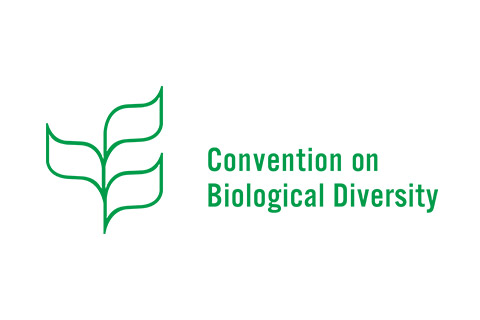
Convention on Biological Diversity (CBD)
-
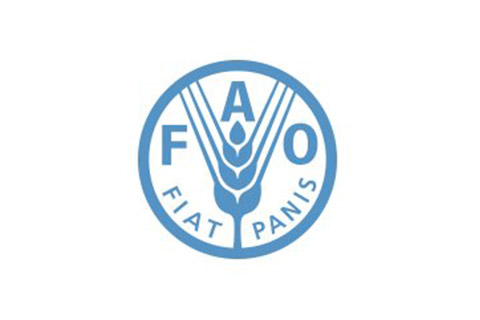
Food and Agriculture Organization (FAO)
-
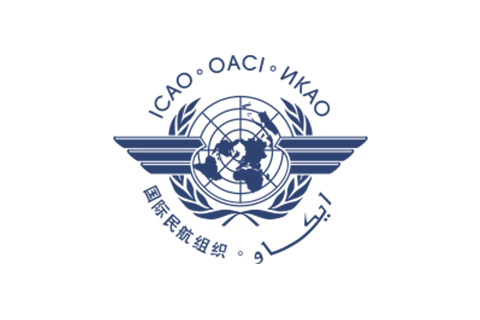
International Civilian Aviation Organization (ICAO)
-
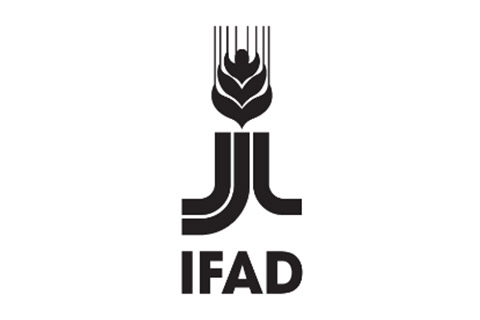
International Fund for Agricultural Development (IFAD)
-
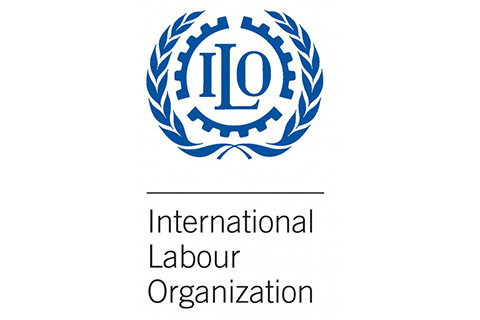
International Labour Organization (ILO)
-
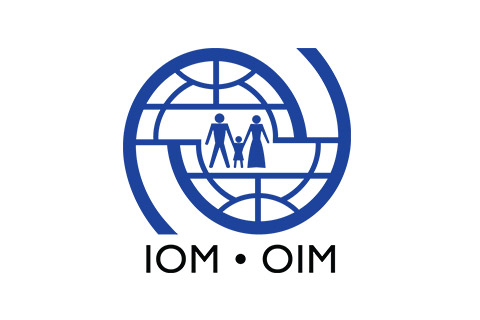
International Organization for Migration (IOM)
-
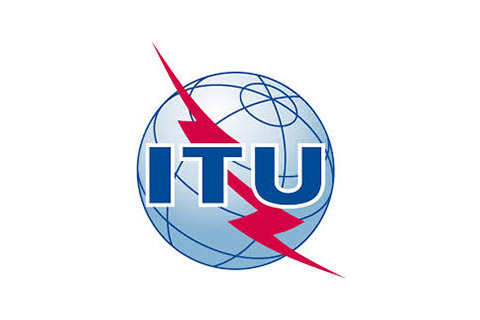
International Telecommunication Union (ITU)
-
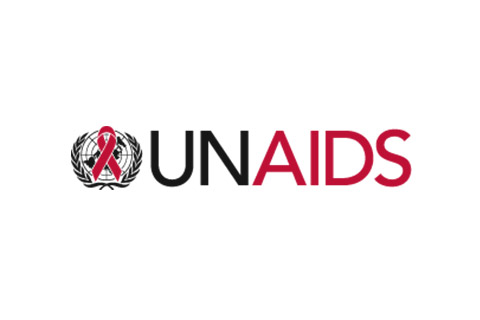
Joint United Nations Programme on HIV/AIDS (UNAIDS)
-
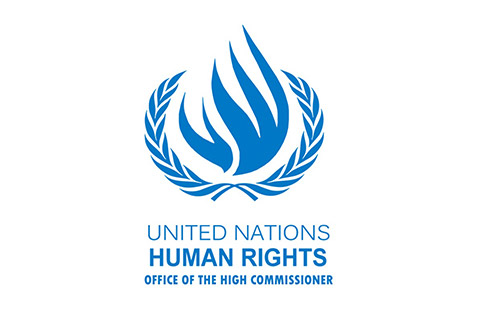
Office of the High Commissioner for Human Rights (OHCHR)
-
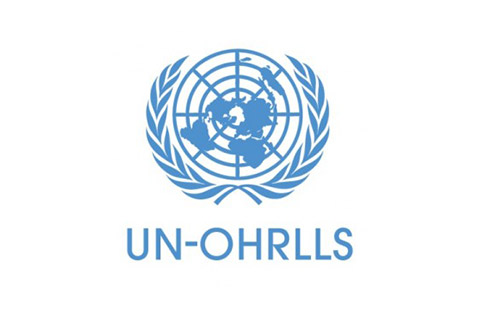
Office of the High Representative for the Least Developed Countries, Landlocked Developing Countries and Small Island Developing States (OHRLLS)
-
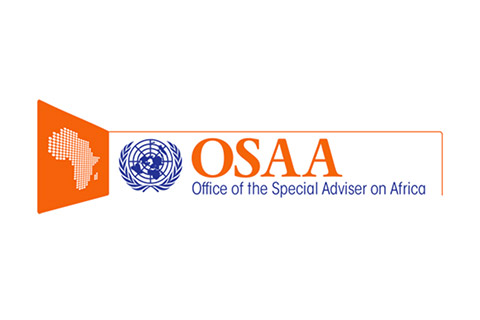
Office of the Special Adviser on Africa (OSAA)
-
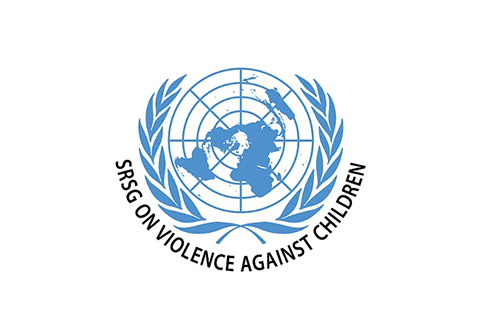
Office of the Special Representative of the UN Secretary-General on Violence against Children (OSRSG VAC)
-
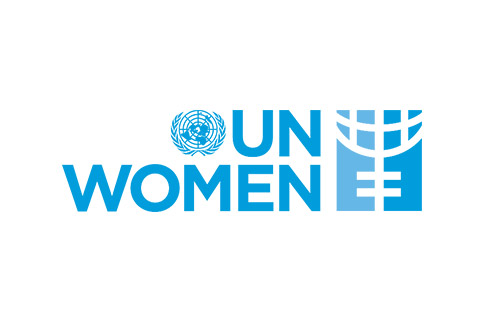
UN-Women
-
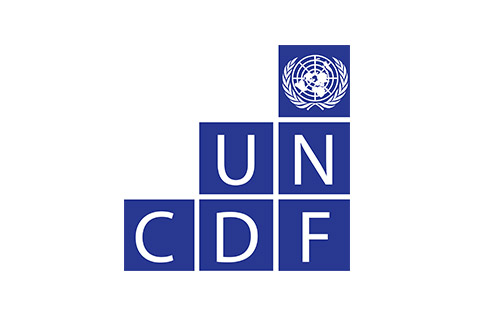
United Nations Capital Development Fund (UNCDF)
-
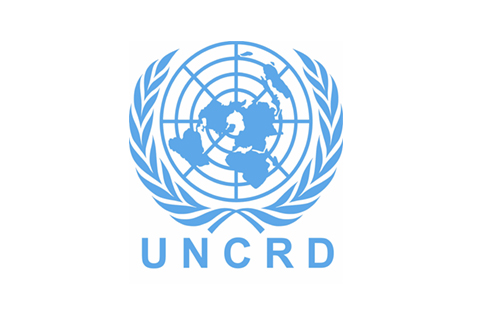
United Nations Centre for Regional Development (UNCRD)
-
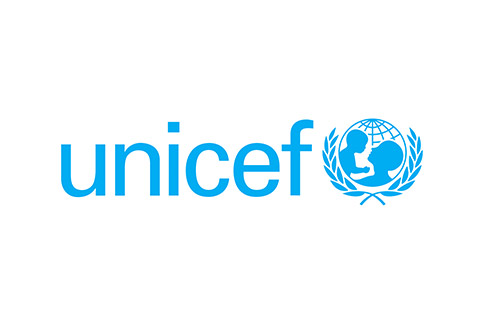
United Nations Children’s Fund (UNICEF)
-
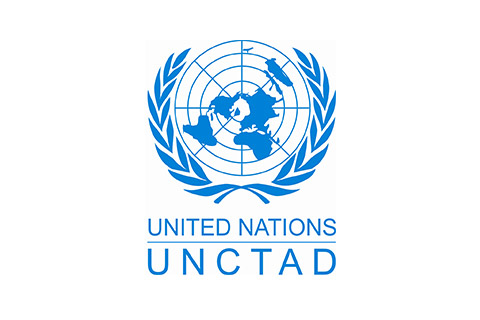
United Nations Conference on Trade and Development (UNCTAD)
-
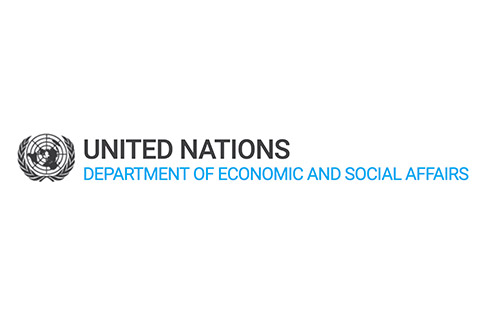
United Nations Department of Economic and Social Affairs (UNDESA)
-
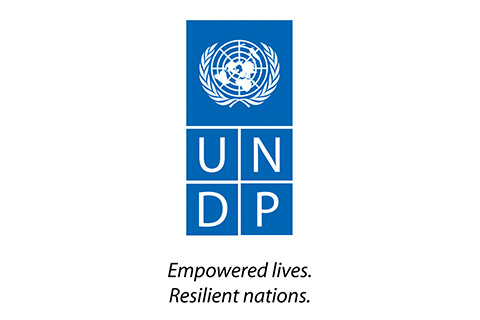
United Nations Development Programme (UNDP)
-
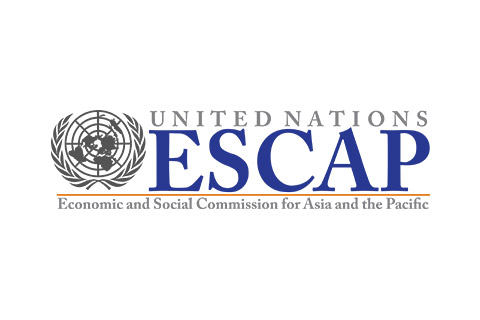
United Nations Economic and Social Commission for Asia and the Pacific (UNESCAP)
-
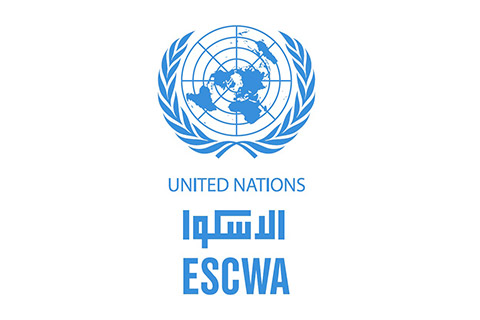
United Nations Economic and Social Commission for Western Asia (UNESCWA)
-
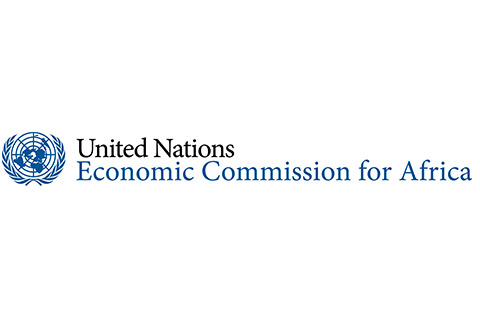
United Nations Economic Commission for Africa (UNECA)
-
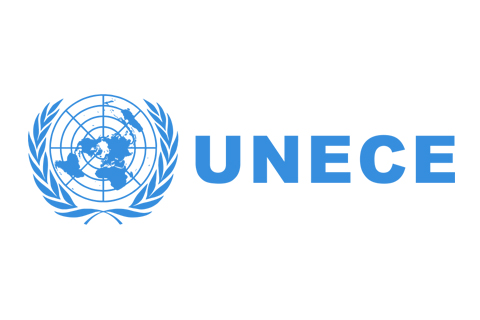
United Nations Economic Commission for Europe (UNECE)
-
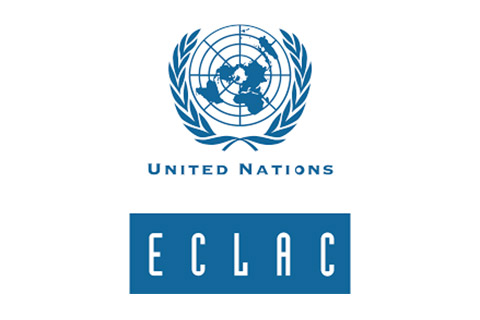
United Nations Economic Commission for Latin America and the Caribbean (UNECLAC)
-
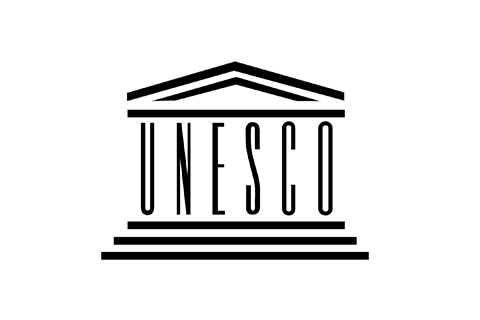
United Nations Educational, Scientific and Cultural Organization (UNESCO)
-
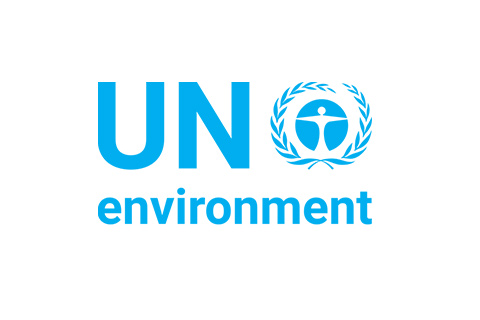
United Nations Environment Programme (UN Environment)
-
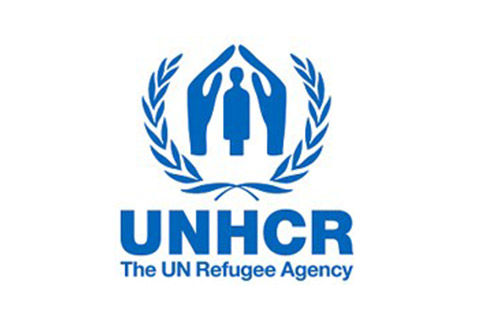
United Nations High Commission for Refugees (UNHCR)
-
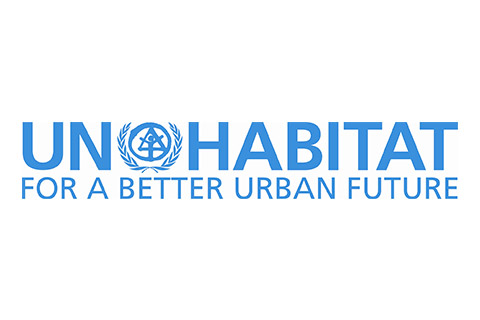
United Nations Human Settlements Programme (UN-Habitat)
-
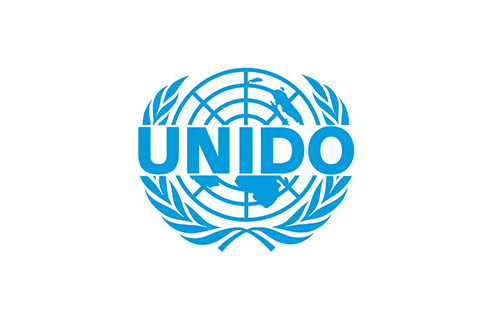
United Nations Industrial Development Organization (UNIDO)
-
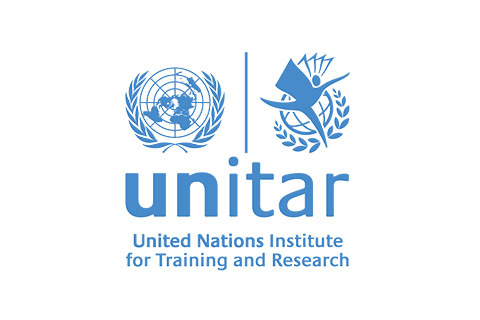
United Nations Institute for Training and Research (UNITAR)
-
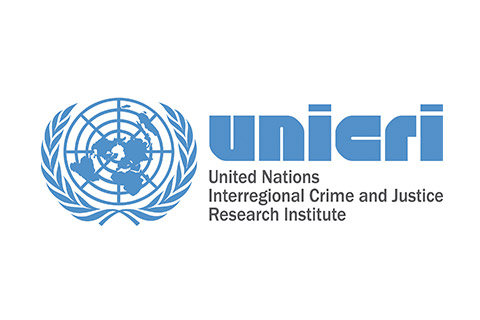
United Nations Interregional Crime and Justice Research Institute (UNICRI)
-
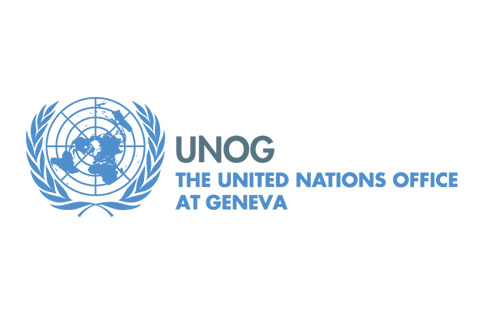
United Nations Office at Geneva (UNOG)
-
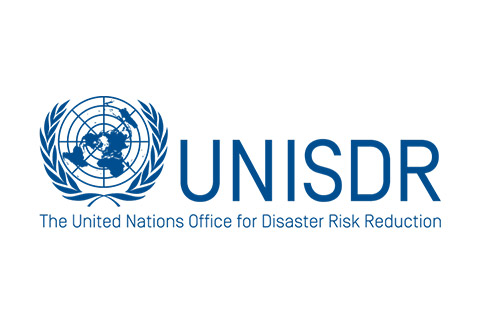
United Nations Office for Disaster Risk Reduction (UNISDR)
-
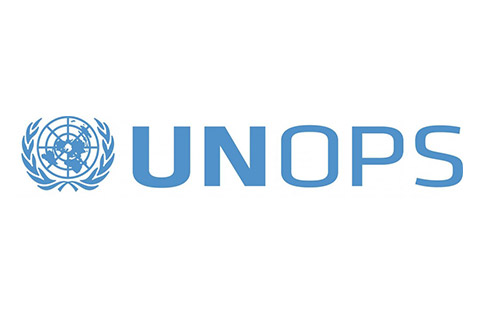
United Nations Office for Project Services (UNOPS)
-
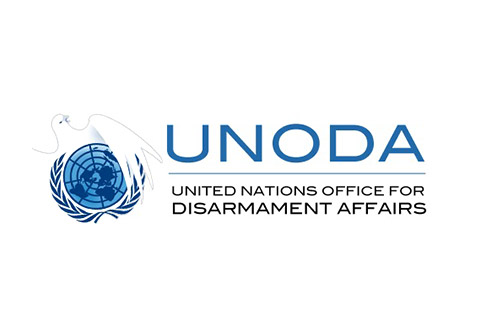
United Nations Office of Disarmament Affairs (UNODA)
-
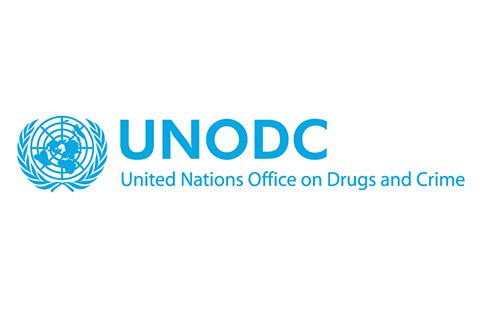
United Nations Office on Drugs and Crime (UNODC)
-
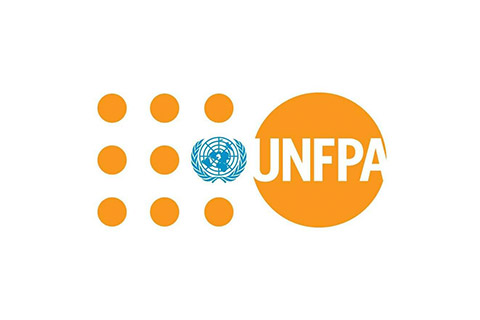
United Nations Population Fund (UNFPA)
-
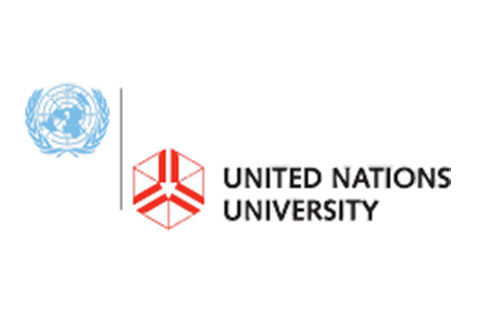
United Nations University (UNU)
-
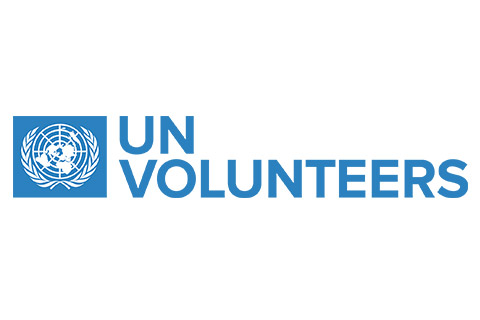
United Nations Volunteers (UNV)
-
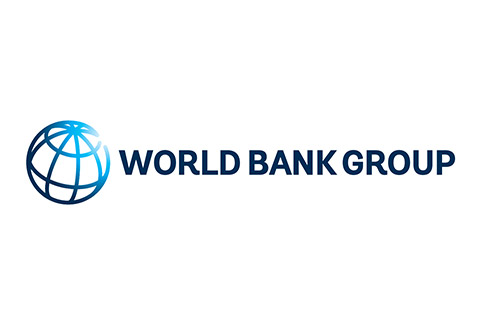
World Bank (World Bank)
-
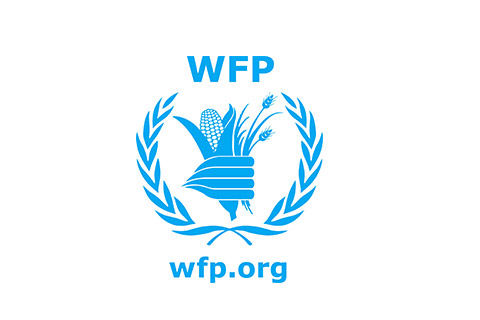
World Food Programme (WFP)
-
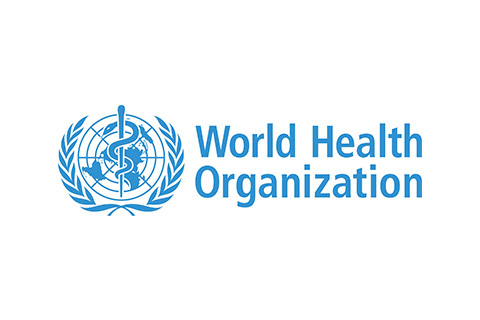
World Health Organization (WHO)
-
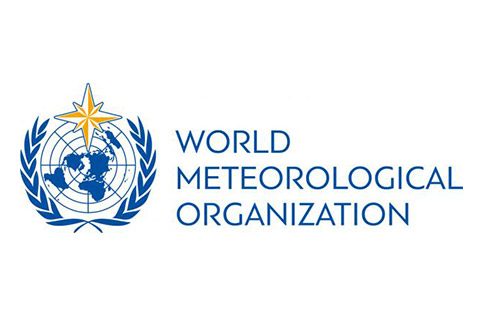
World Meteorological Organization (WMO)
-
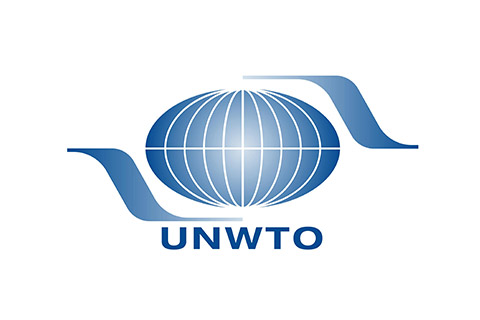
World Tourism Organization (WTO)
